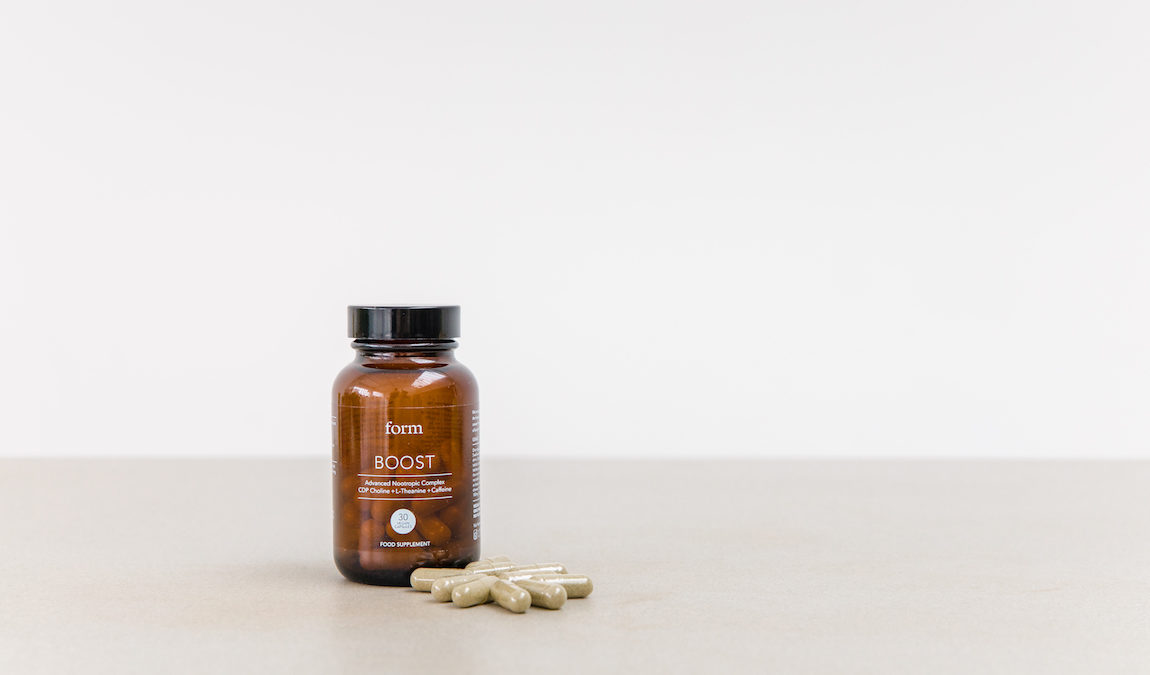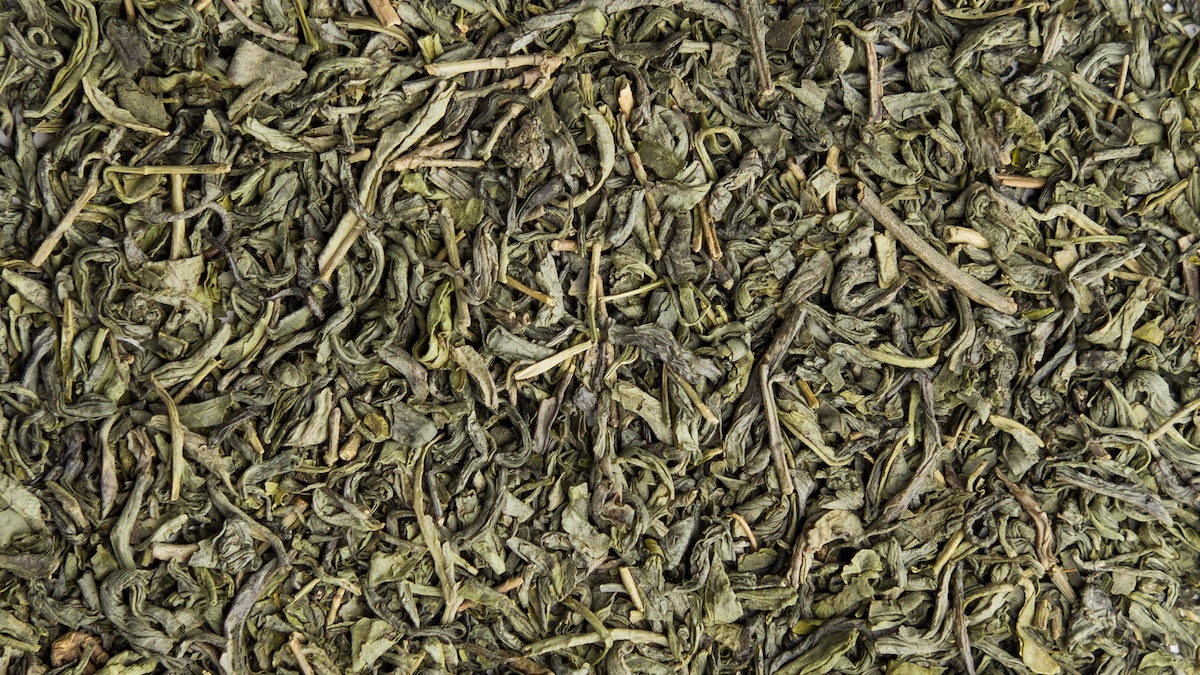5 Ways Green Tea Can Benefit Your Mind and Body (Besides the Necessary Caffeine Fix)

Tea. We all take it differently. Splash a drop of milk in (that’ll be a plant-based one for us), a teaspoon of sugar, strong and black with the teabag left in, a strainer packed with mint leaves. If you’re an avid Tik Toker you might even try popping it in the microwave.
But when it comes to looking after your health, the king of the teas, by far, is a simple, fresh green. The difference between green and black tea, besides colour and taste, is in the manufacturing process. Fermentation transforms the colour and flavour of black tea, while green tea remains unprocessed and retains its colour as a result.
Green tea is also grown in higher altitudes, like the mountainous regions of East Asia. High-quality green tea is still picked by hand, and these teas are thought to have a sweeter, more robust taste. Here we take a look at the benefits of drinking green tea, from its abundance of antioxidants to its brain boosting power.
Green Tea: The Best Caffeine Fix
Now, green tea does contain caffeine, so those who are sensitive to the stimulant need to be careful. There is around 30 mg of caffeine per cup in green tea, much less than the average of around 100 mg in a cup of coffee. Up to 400 mg of caffeine a day is the general recommended safety guideline, so you’re unlikely to surpass that drinking green tea alone.
The caffeine isn’t as fast releasing either, so you don’t get that sharp high that people get from coffee. Tea is also rich in the amino acid L-theanine which balances out the caffeine hit (which is why we also include the partnership in our Boost cognitive supplements). The result is a much more stable buzz, free from the jitters and headaches associated with drinking coffee.

5 Benefits From Drinking Green Tea
Packed Full Of Goodness
While most will be drinking green tea for that relaxed but stimulating effect, there’s also a ton more benefits. Firstly, green tea is packed full of bioactive compounds, chemicals found in plants and certain foods that create actions within the body that promote good health.
Polyphenols are probably the best known of these, and green tea is particularly rich in a set called flavanols, anti-oxidants which fine-tune the functioning of cells and can protect against chronic health problems. It’s also worth-noting here that a splash of milk can counter-act these benefits, as it decreases the antioxidant capacity in tea.
A Fat Burning Boost
Research from Rutgers University, found that one of the main antioxidants in tea, Epigallocatechin gallate (EGCG), can inhibit an enzyme that breaks down the hormone norepinephrine.
Primarily released as part of the body’s response to stress, norepinephrine affects the way the brain pays attention and responds to events. But it also triggers fat burning. So, when EGCG inhibits this particular enzyme, the amount of norepinephrine increases, and fat breakdown is promoted.
Fighting Cancer
All the anti-oxidants in green tea also work to reduce inflammation by safely interacting with free radicals and terminating the chain reaction before vital molecules are damaged. This makes them invaluable in tackling a number of chronic diseases.
A comprehensive review from Harvard University found that women who drank green tea had around a 30 percent lower risk of developing breast cancer, while a study published in the American Journal of Epidemiology observed that men drinking green tea had a lower risk of advanced prostate cancer.
And these disease-busting abilities don’t just stop at cancer. By increasing the antioxidant capacity in your blood, green tea in turn protects bad cholesterol particles from oxidation, which is one of the main reasons for heart disease later in life. In fact, a study from Tohoku University found that green tea drinkers had a 31 percent lower risk of dying from a cardiovascular disease.

Keeping The Brain Sharp In Later Life
As well as keeping your body fighting fit, green tea could also have a beneficial effect on your brain as it ages. A 2019 study from the National University of Singapore found that participants who consumed tea at least four times a week had brain regions that were “interconnected in a more efficient way” than those who did not drink tea.
Better organised brain regions are associated with healthy cognitive function, which protects against age-related decline.
An earlier study published Journal of Nutrition, Health & Aging supported these findings, showing that drinking tea was associated with a significantly lower risk of dementia.
Hold The Key To A Longer Life
It should be no surprise to find then that all of these green tea benefits will lead to a healthier, longer life for those aficionados among us. A population-based study of 14,001 people aged between 65 and 84 years old, found that those who drank green tea were 76 percent less likely to die during the six-year period the study was undertaken.
And so while we might all be stuck in our ways when it comes to our tea choices, it’s hard to beat a cup for the long list of health benefits that come with every sip.


















